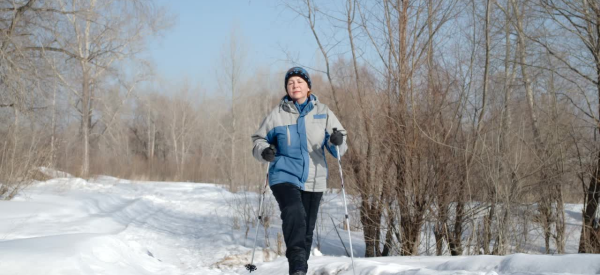Many assume that they will be able to tell when they are getting too cold. But that may not be true for everyone. Seniors are more susceptible to hypothermia than nearly every other age group.
Due to decreased activity, seniors usually produce less body heat, which makes it more difficult for them to warm up once they feel cold. And that’s if the senior notices that he is getting too cold to begin with. Some medical conditions and medications can suppress the nervous system, resulting in decreased awareness that they are getting dangerously close to hypothermia.
So, how should seniors avoid getting too chilled in the cold?
First, set the thermostat to a reasonable temperature – at least 68 degrees. Heating costs can be a worry, but it’s better to be safe than sorry.
Second, dress warmly enough. Always have feet covered with socks or slippers. Long underwear can keep body heat close to your body. And always have blankets available during times of less activity, such as sitting on the sofa.
Third, bundle up when going outdoors. In addition to a winter jacket, seniors should also wear a hat, gloves or mittens, and a scarf. When the temperature gets extremely cold, cover your nose and mouth with a scarf to protect your respiratory system.
As this long winter trudges on with its snow and cold, being vigilant about keeping warm should be on all seniors’ minds. So, bundle up and enjoy the rest of the season.
Give Freedom Home Care a call if you or a loved one could use specialized help. Our caregivers work hard to keep seniors safely and comfortably in their homes.




